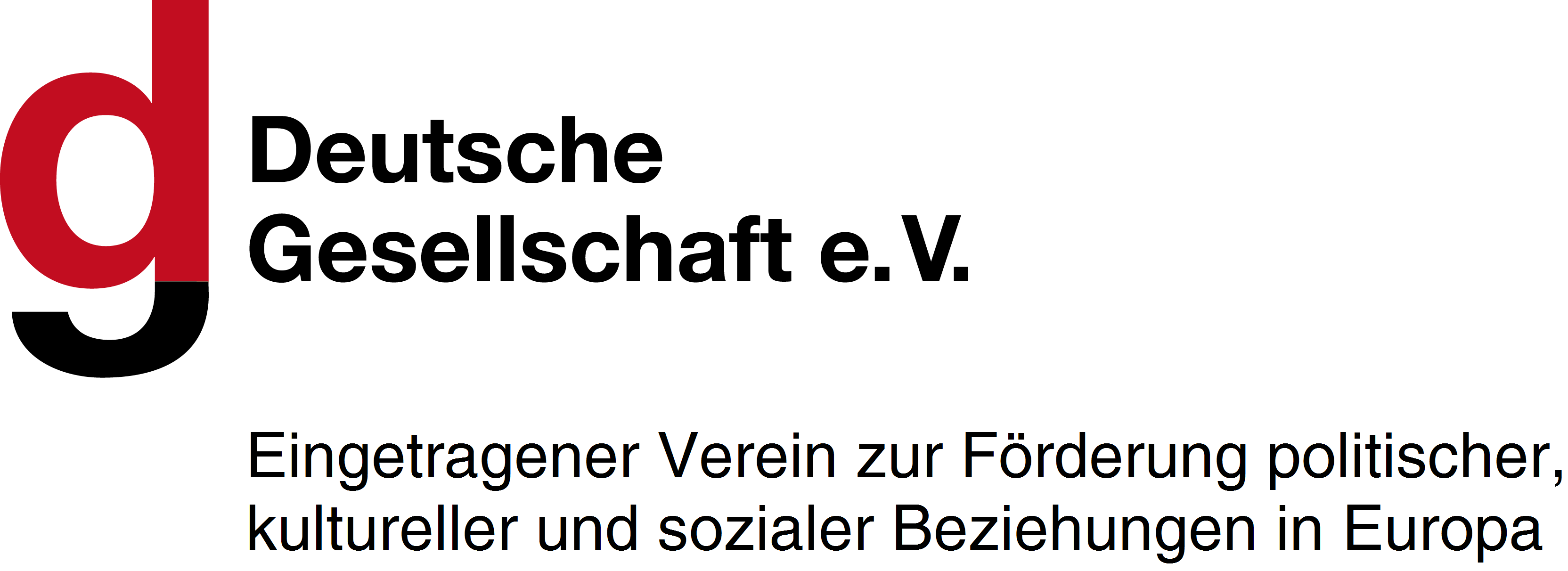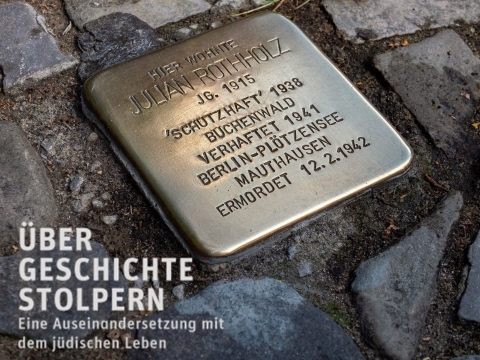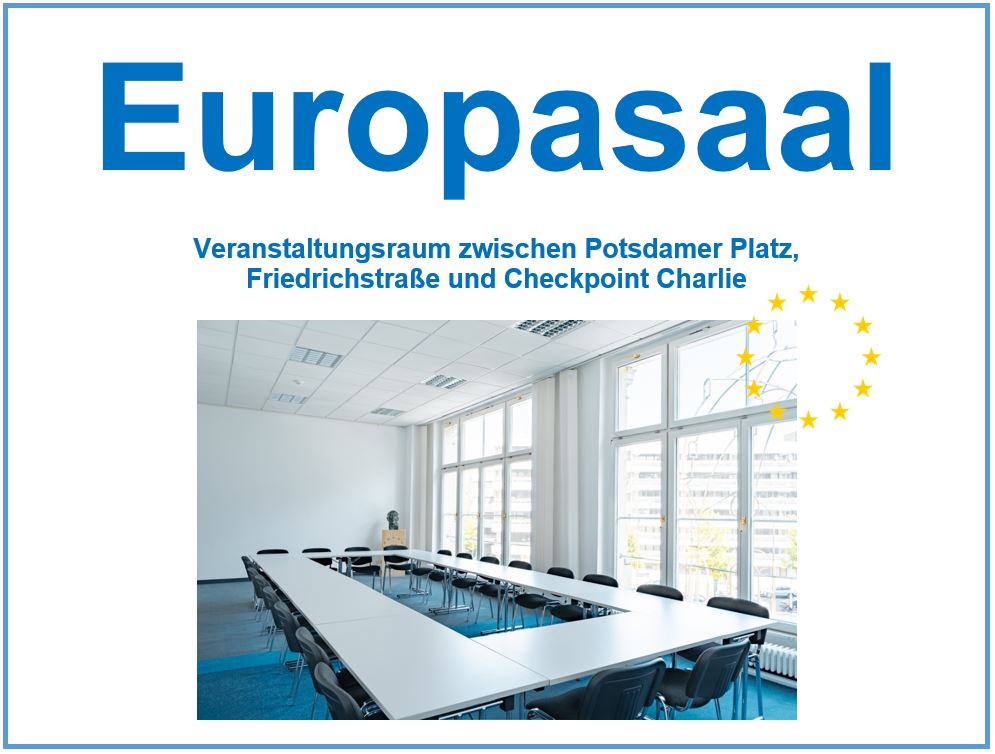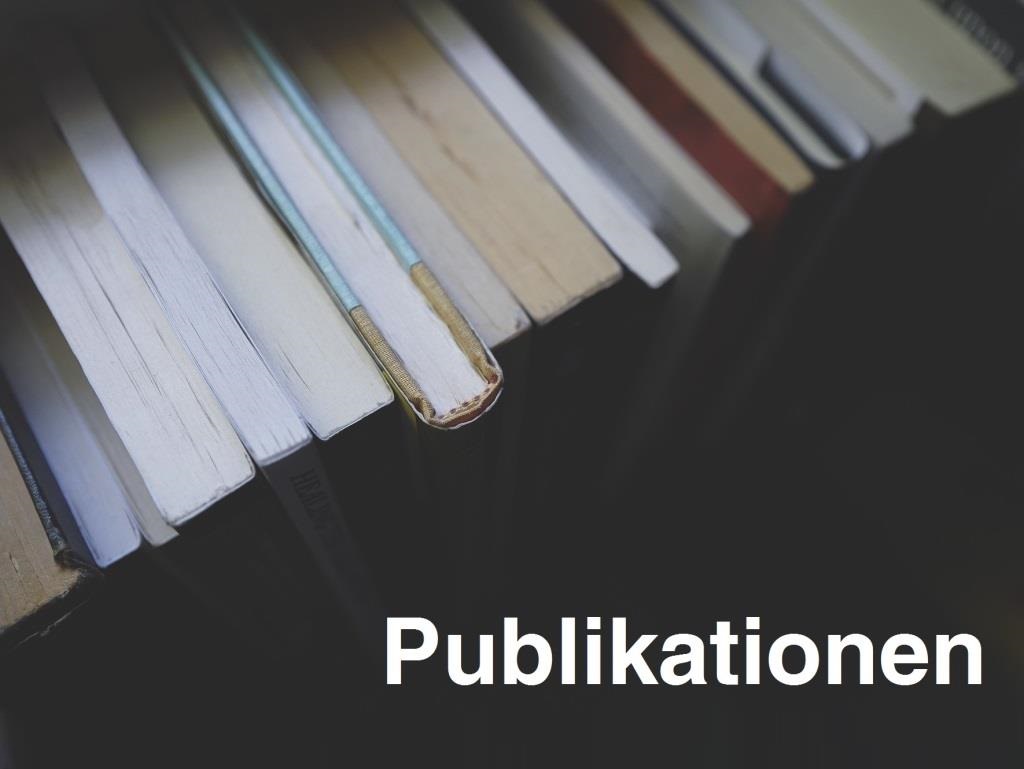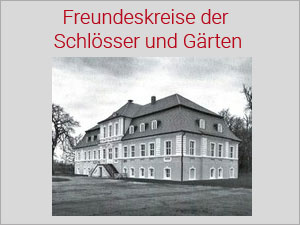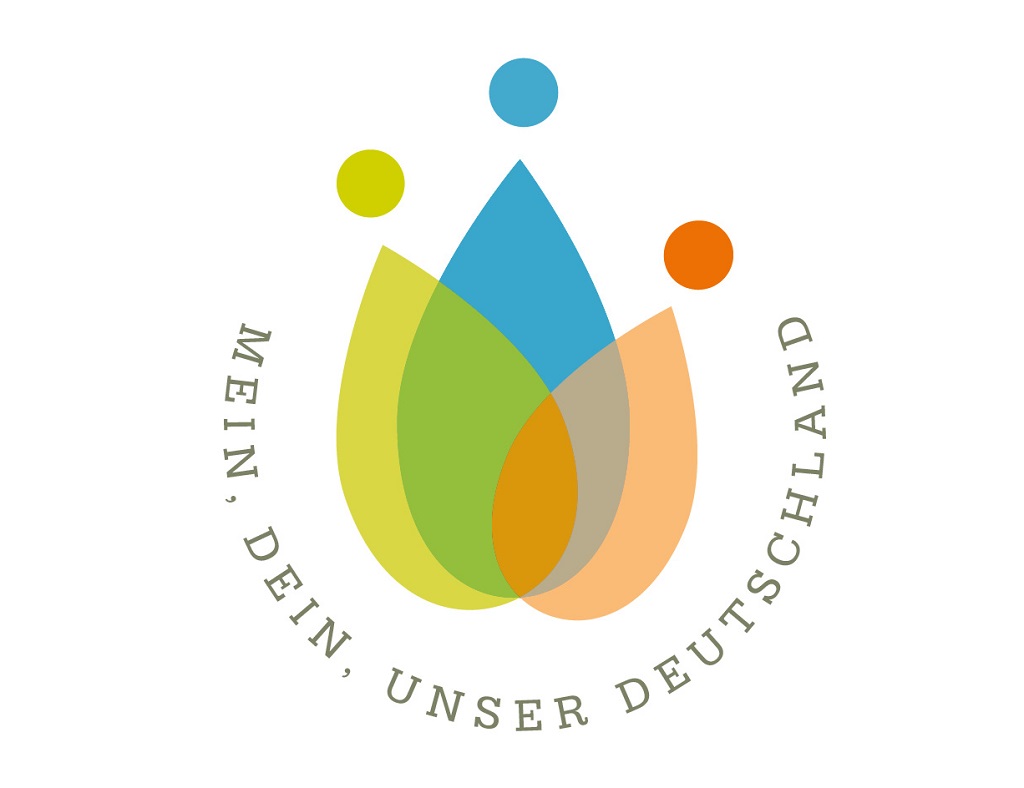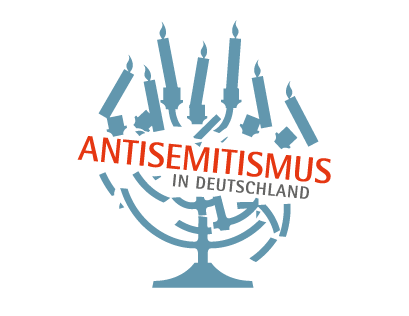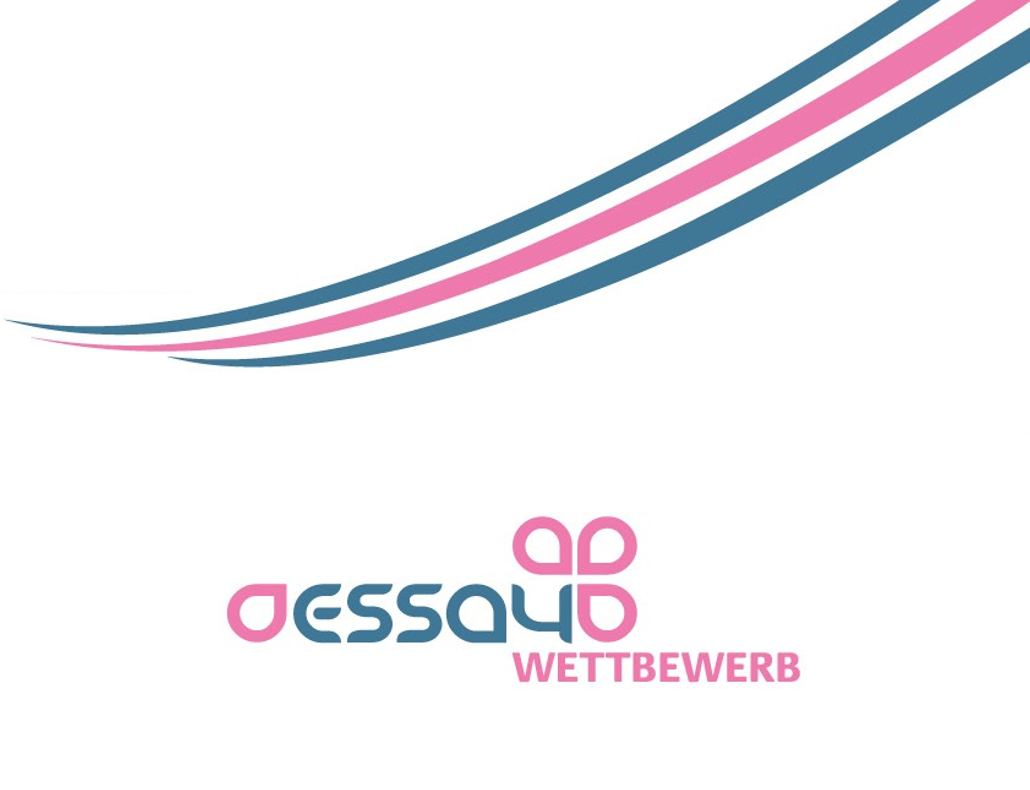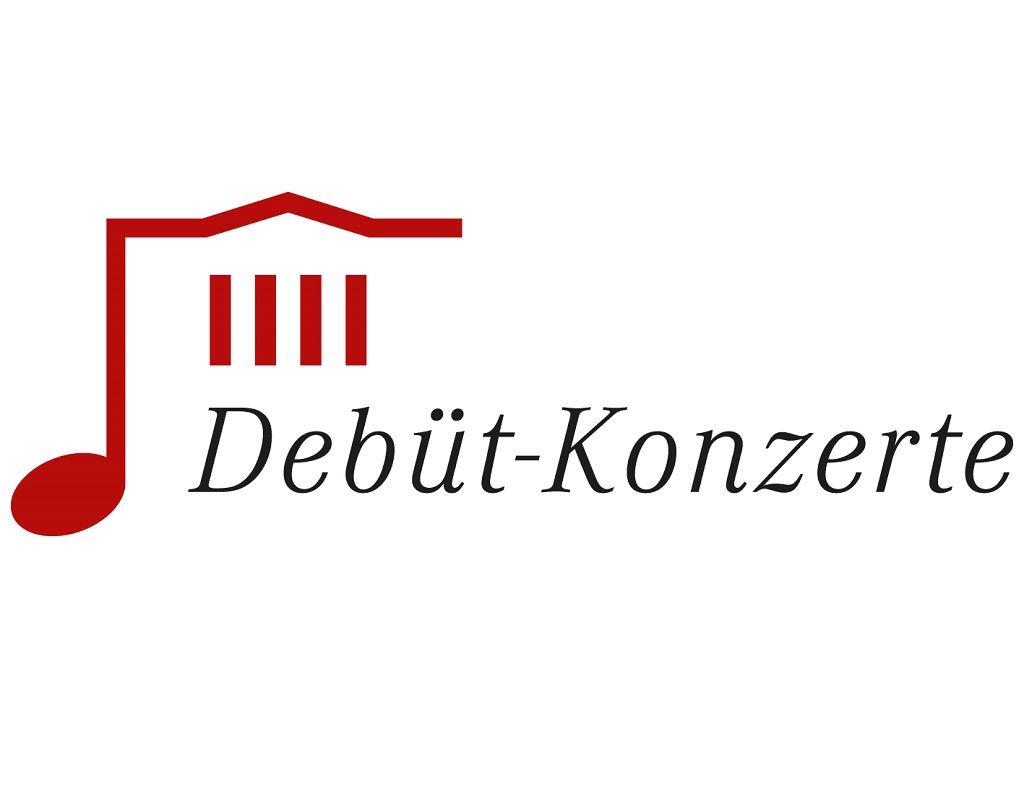Educational bike tour along the Nemunas/Memel River 2024
Biking Across History: Rethinking Memelland and German-Lithuanian Cultural Connections.
11 - 18 August 2024
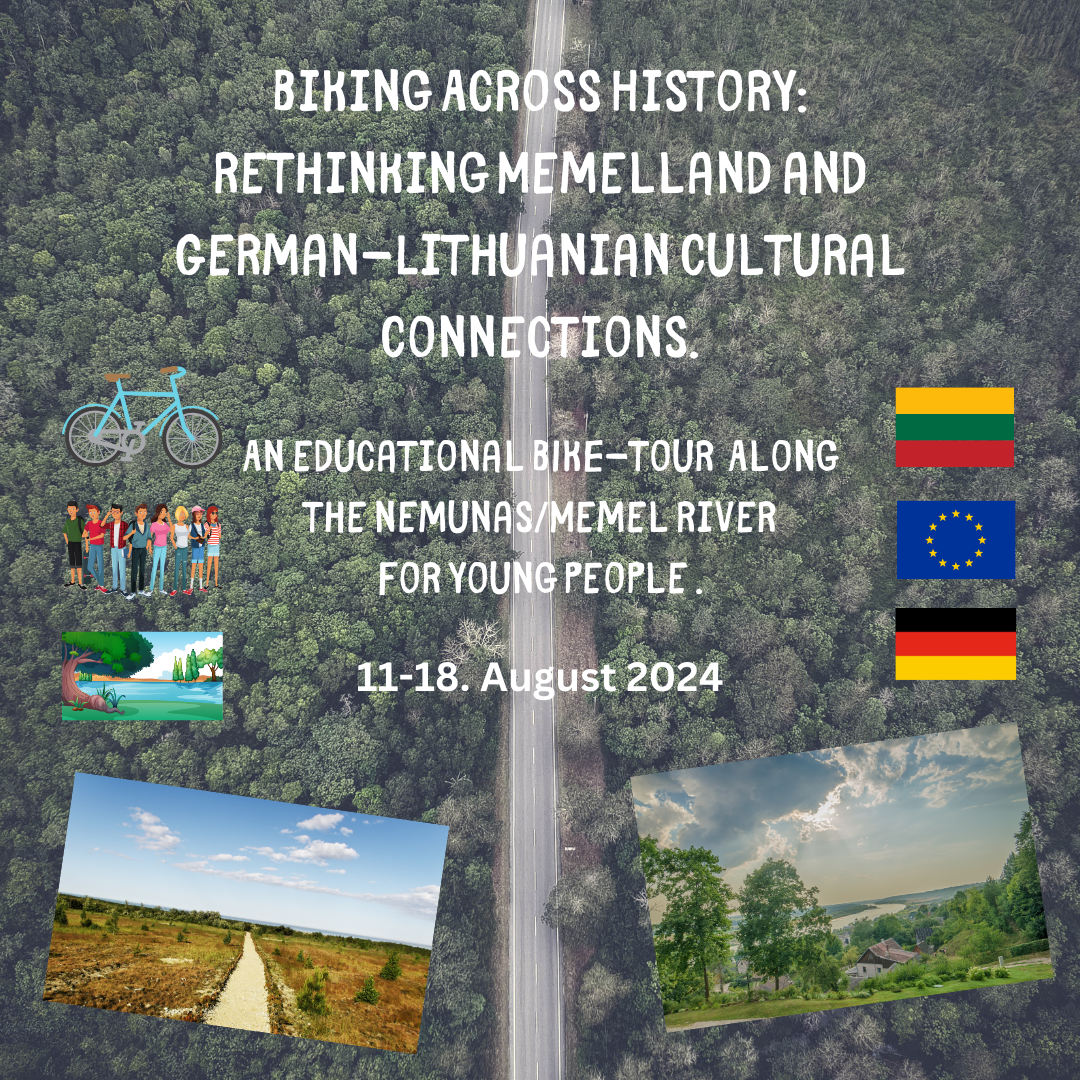 |
Der ausführliche Reisebericht in deutscher Sprache kann ab sofort hier heruntergeladen werden. Eine englische Fassung erscheint zeitnah.
The detailed travel report in German can now be downloaded here. An English version will be published soon.
We invite young people to experience the history and culture of the Nemunas/Memel region together by bike from 11 to 18 August 2024.
Who we are looking for:
We are looking for young people who are enthusiastic about the culture and history of the Nemunas/Memel region and would like to discover it together by bike.
What do we offer?
- From Kaunas to Klaipėda by bike in 7 days. Max. 85 km per day: 11–18 August 2024.
- Extensive cultural programme and a search for traces of the history of the Nemunas/Memel region.
- The participants give small presentations.
- The working language of the trip is English.
- A transport cart for the luggage and breakdowns.
- Participation fees: 125 euros for students; 195 euros for civic education multipliers. (for Lithuanian students: 105 euro)
- The participation fees include accommodation, full board, bike rental and entrance fees.
- Arrival to Kaunas and departure from Klaipėda is on your own.
- Age: 18-45 (young people between 18 and 35 as well as multipliers from the field of educational work up to the age of 45 years)
- Registration deadline is 04 April 2024. You will receive an answer within one week.
The preliminary programme can be soon downloaded as a PDF here.
How to apply?
The deadline for applications is 04 April 2024. Please apply via our GoogleForms (contact details, biographical information, short letter of motivation, own presentation idea etc.). You will receive an answer within one week.
By applying, you agree to the conditions of participation.
If you have any questions, please do not hesitate to contact us!
You will receive notification about your application by 12 April 2024.
Project Idea
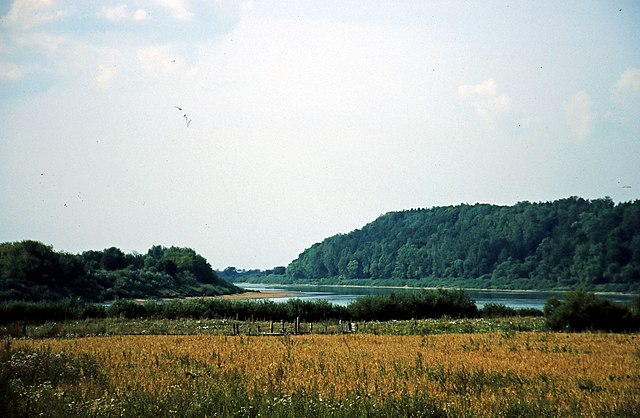 Photo: Ruth Leiserowitz: Memel und Rambynas 1998 (CC-BY-SA-4.0)
|
The Nemunas/Memel is a European river in many respects, the regions to the west and east of it as well as the historical Memelland form a "microcosm of Europe" (Andreas Kossert). Its history and present are therefore particularly suitable for the negotiation of our common as well as the dividing history(s).
The Nemunas/Memel River, which has its source in Belarus, runs through Lithuania and on the last stretch of its course forms the European external border to the Russian Federation and its oblast Kaliningrad. The eastern bank of this last stretch, up to the town of Memel/Klaipėda, historically formed the north-eastern territory of East Prussia and, after the First World War, the Memelland. Historically, the Nemunas/Memel River formed the border between the Teutonic Order (later Prussia) and (Polish) Lithuania (later Tsarist Russia) for centuries. In reality, this historically uniquely stable border was very permeable for people and their cultural and economic exchange. It represents a unique contact space between German, Baltic and Slavic language areas, between different Protestant religious communities, Catholics and Jews.
The First World War destabilised the region, the Second World War destroyed its demographic and historical structure. The Jews of the region were largely deported and murdered by Nazi Germany, and the Baltic and Slavic inhabitants became second- or third-class citizens during German rule in World War II. At the end of the Second World War, large parts of the German population fled, those who remained were often mistreated and later expelled. Many Lithuanians resisted the forcible integration of Lithuania into the Soviet Union.
The end of Soviet rule after 1991 made possible a new, open and cross-border confrontation with history both in Lithuania, which is free again. Today, Lithuania cultivates the multi-ethnic and multi-religious heritage of its regions and many young people dedicate themselves to these stories in the form of scientific research, contemporary witness projects or cultural work.
The educational cycling tour serves to explore these history(s) and the present of the Nemunas/Memel region. An integral part of the project is the search for traces of Jewish and German cultural heritage in the region. The current situation on the border between the European Union and Russia will also be a topic. For this purpose, various (historical) places, cultural institutions and landscapes will be visited.
A central element of the educational trip is also the exchange with the local population and the holding of eyewitness talks. In addition to lectures by experts, the participants are invited to develop short impulse presentations on various stations and topics of the trip.
Contact person:
Dr. Vincent Regente
Head of Department EU & Europe
Tel.: +49 30 88412 288
» E-Mail
Educational leave / Bildungsurlaub / Bildungszeit
Please let us know if you need to apply for educational leave/education time for the project in your federal state.
Press
Press photos are available here. (All from 2023 ©Nowak/DKF)
Funding and Partners:
The project is funded by the Federal Ministry of the Interior and Homeland (Bundesministerium des Innern und für Heimat) on the basis of a decision by the German Bundestag.
Further support is granted from the Cultural Department for East Prussia and the Baltic States (Kulturreferat für Ostpreußen und das Baltikum) with the funding of The Federal Government Commissioner for Culture and the Media (der Beauftragten der Bundesregierung für Kultur und Medien)
Further cooperation partners are the German Cultural Forum for Eastern Europe (Deutsches Kulturforum Östliches Europa) and the International Students of History Association.
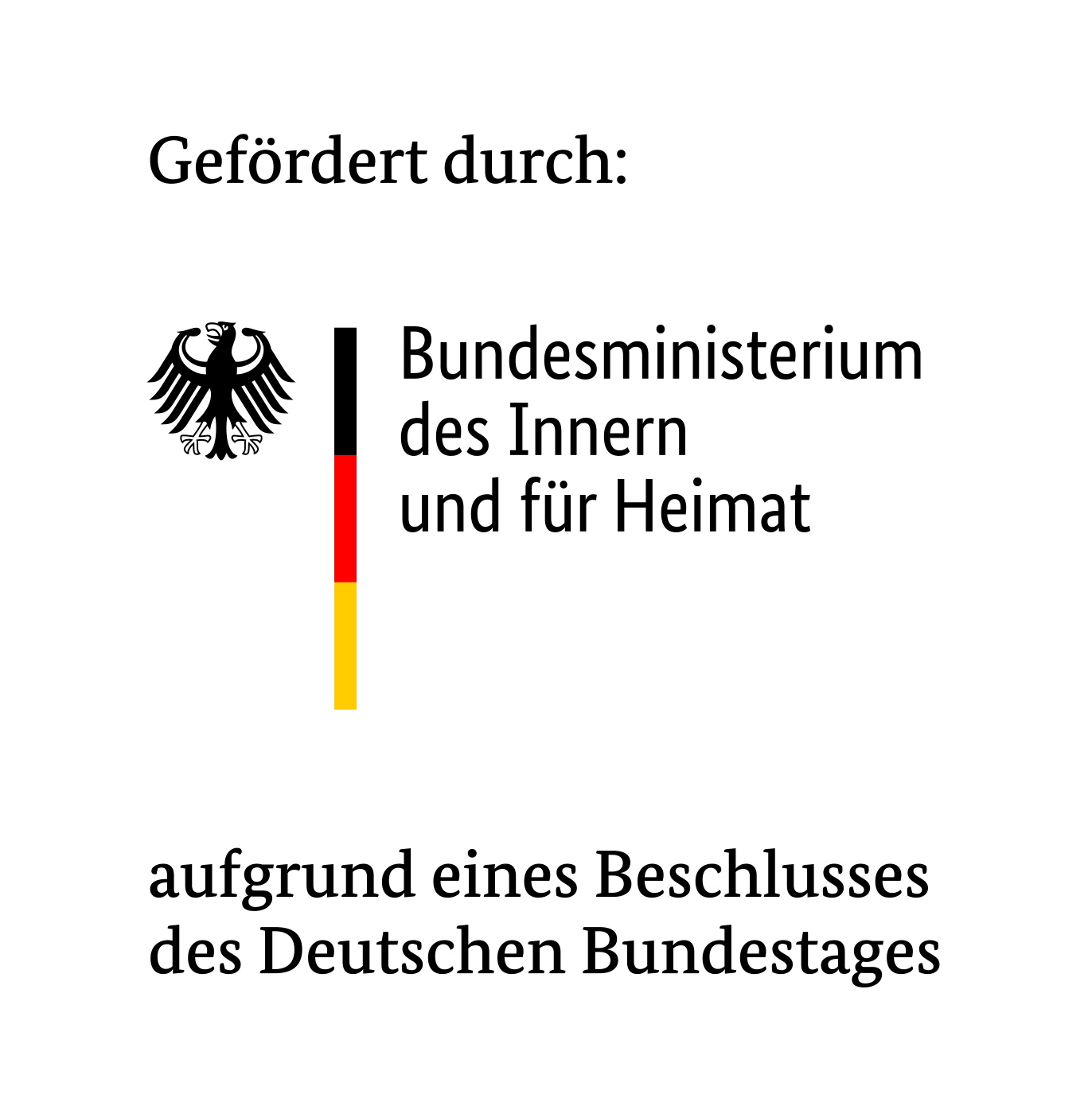 |
 |
 |
 |
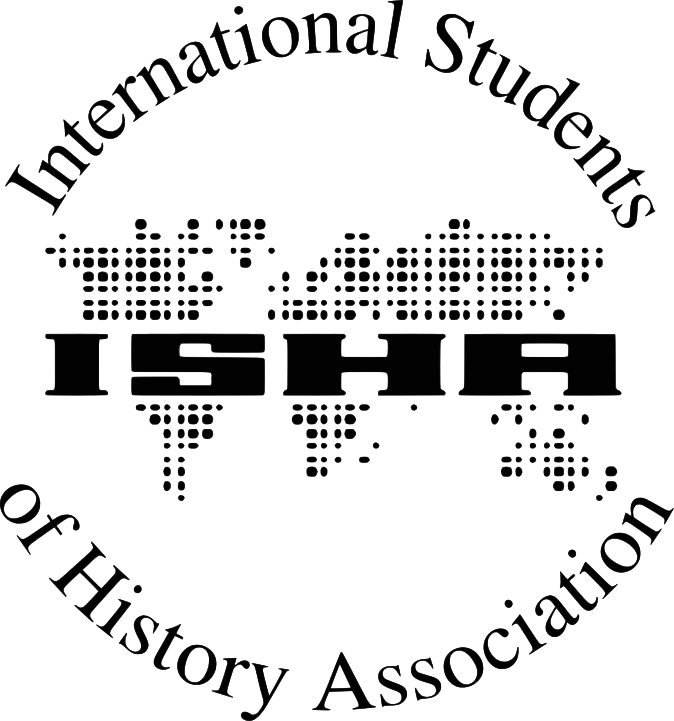 |

